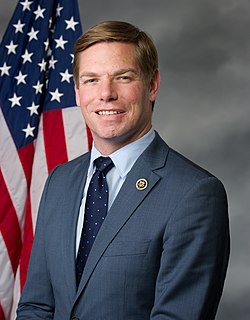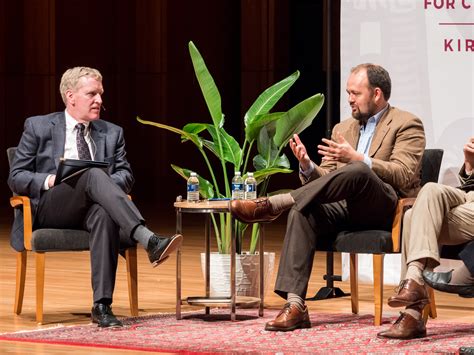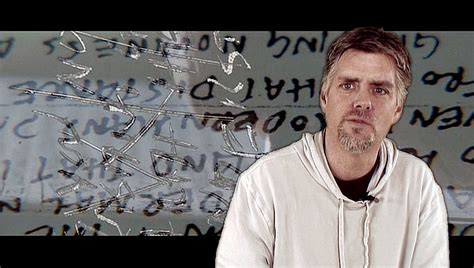A Quote by Gary Johnson
My fear is that people associate Rand Paul's social conservatism with libertarianism, when it's not.
Quote Topics
Related Quotes
f you analyze it I believe the very heart and soul of conservatism is libertarianism. I think conservatism is really a misnomer just as liberalism is a misnomer for the liberals - if we were back in the days of the Revolution, so-called conservatives today would be the Liberals and the liberals would be the Tories. The basis of conservatism is a desire for less government interference or less centralized authority or more individual freedom and this is a pretty general description also of what libertarianism is.
Rand Paul tried hard to upstage Donald Trump at the first debate, talking tough about his guns and his right not to register them. But with his pixie-ish perm, Paul does not impress me as the gunslinger type. Rand Paul is the RuPaul of politics. He would do better to defend his right to carry an unregistered blow-dryer and curling irons.
If libertarianism were easy to explain, and it weren't easy to exaggerate the effects of libertarianism, I think it would have been done already. Many many very intelligent people have applied themselves to crafting an agenda that people could grab ahold of. But the problem of course is that libertarianism isn't political. It is kind of anti-political. It wants to take a lot of things out of the political arena.
In my early twenties the nature of conservatism itself changed. When I identified as a fourteen-year-old conservative, it was closer to what we today think of as libertarianism - conservatism, at least for me, had been defined by Jeffersonian credos like "the best governed are the least governed" and "I have sworn eternal hostility against every form of tyranny over the mind of man" that were very idealistic and romantic to a kid.
To the credit of the Republican Party and the conservative movement, people have been expelled or marginalized. Pat Buchanan in the '90s. Ron Paul, Rand Paul in the first decade of this century. Bill Buckley famously expelled the Birchers in 1964. It's been a movement that's tried to maintain its boundaries.


































